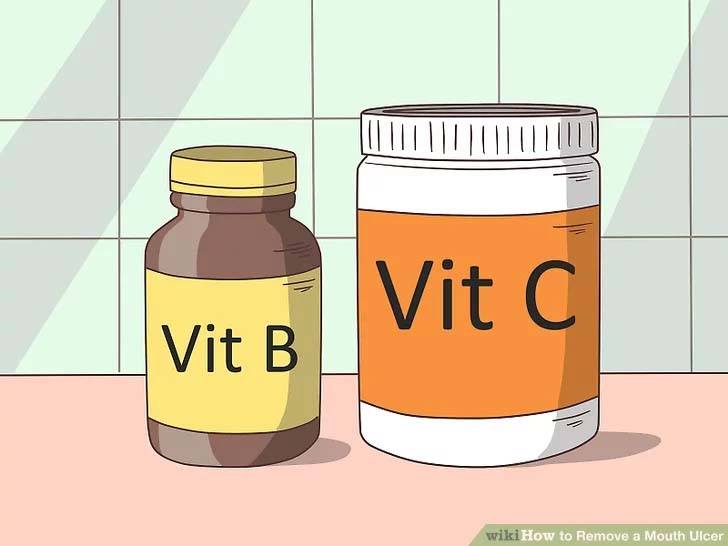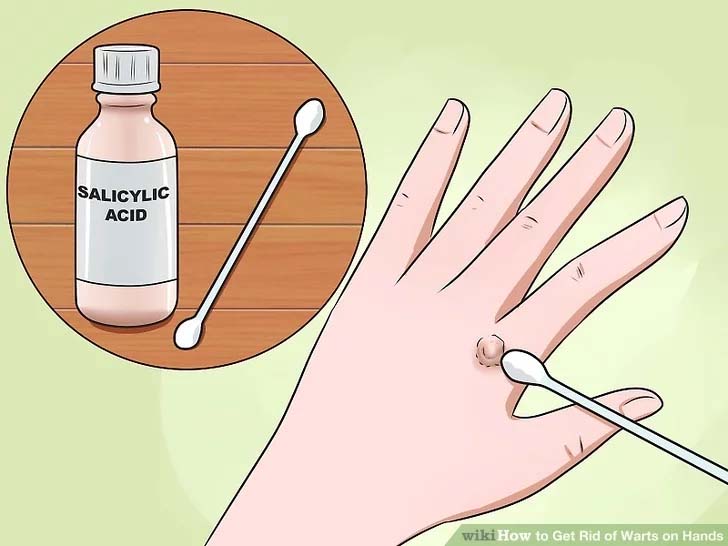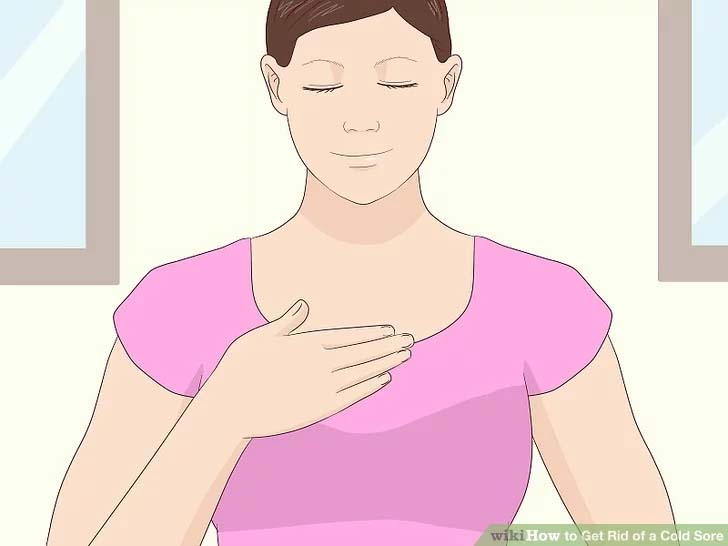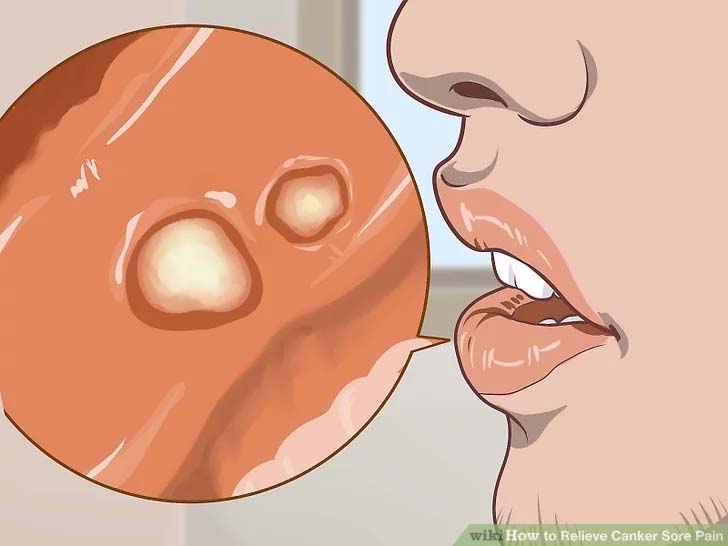Canker sores (singaw) are small, shallow and painful lesions inside the mouth. It’s not contagious but it can make eating and talking very painful. What causes canker sores? It usually starts with a small injury – from teeth braces, accidental biting and abrasion from the teeth. In some cases, it could be stress-related or may result from lack of vitamin B.
If you have this problem like me, I’m sure you’ve tried a lot of home remedies that don’t really work. I consulted Dr. Elmer de la Cruz, an ear, nose and throat specialist, and he taught me some tricks to cure this ailment.
- Use Solcoseryl dental paste which is applied to the sore three to five times a day. It has an anesthetic effect and numbs the pain.
- Eat yogurt. According to De la Cruz, yogurt is particularly helpful because it coats all the canker sores, even in places where it is hard to reach, like the throat and inner gums. I take one to two tablespoons of yogurt every hour or so. This is just enough to cover the sores and hasten its healing.
- Consider taking antibiotics, like Amoxicillin 500 mg capsule, three times a day for five days. Sometimes, there is an accompanying sore throat or inflamed tonsils which can benefit from antibiotics. Ask your doctor first.

- Drink eight to 12 glasses of water a day. Drinking lots of water will keep your mouth wet and help lubricate the throat area. Water also loosens sticky phlegm.
- Avoid sour and salty food. Acidic fruits like pineapple, orange and green mango can irritate canker sores. Watermelon, however, is soothing to the sore. Avoid eating nuts, chips or pretzels which can reinjure the sore.
- Don’t eat and talk at the same time. Bite slowly and carefully.
- Take multivitamins with vitamin B and C. It can probably help, too.
- Sleep and take the day off. If your mouth sore is stress-related, it pays to rest your body and sleep a lot. Most sores go away in a week or two. If it persists, see your ENT doctor.
Warts
One out of four people develops warts sometime in their lives. Warts are small, grayish skin growths that are caused by the human papillomavirus (HPV). Warts often feel rough and can look ugly. They usually grow on the hands and fingers.
Are warts contagious? Yes, they are. You can get warts by getting in contact with dirty swimming pools, dressing rooms and sharing personal items. To prevent getting warts, don’t share brushes, combs, nail clippers and towels with other people.
The usual medical treatment is for the doctor to remove the wart by burning, cutting or scraping it. Another option is to try some home remedies.

- Observe the wart. Around 40 percent of warts disappear on its own within two years. However, if the warts are growing bigger or increasing in number, you need to see a dermatologist.
- Keep your hands and feet as dry as possible. Warts thrive on moist areas. Keep your feet and hands very dry. Wear slippers and change socks often.
- Wash your hands several times a day. Good personal hygiene will prevent the wart from spreading to other areas.
- Soak the wart in lukewarm water for 10 minutes. This will soften the wart and make it easier for the medicine to penetrate it.
- Apply an anti-wart solution or a wart pad. These contain salicylic acid, which helps soften and cure the wart. But this can take a few weeks, so you have to be patient. However, don’t use salicylic acid if you have diabetes, a weakened immune system, or poor circulation. Ask your doctor first.
- Try white vinegar. Soak a cotton ball with pure white vinegar, which is really acetic acid. Tape it with a band-aid over the wart overnight. Make sure that the cotton is fully soaked so that it will seep into the wart. Do this daily for two weeks or more. Change the band-aid and cotton ball every day. The wart will swell and may become painful as it reacts with the vinegar. Slowly, it will turn black and will be gone in about two weeks.
- Alternately, you can try “duct tape therapy.” A 2002 study showed that placing a small duct tape over the wart overnight for several days can cure the wart. Duct tape somehow dehydrates and dries up the wart. However, it may take a few weeks to cure.
- Relax. Warts may also be stress-related. Some doctors suggest that positive thinking may help cure the wart. Of course, you may consult your dermatologist for a faster and effective treatment.
Cold sores
Almost 80 percent of people have a hidden Herpes simplex 1 virus infection in their bodies. It is this virus that could reemerge as a cold sore during hot weather, stress, fatigue, lack of sleep or menstruation.
What’s a cold sore? It is seen as a reddish swelling of the upper lip, usually near the middle. A cold sore starts as small vesicles that turn into a reddish blister in a day or two. Because the cold sore virus affects the nerve, there is a characteristic numbness of the area.
A cold sore is contagious so don’t share personal items like utensils, razors or towels. This is how doctors quickly cure a cold sore:
Immediately apply anti-viral cream. Apply Acyclovir 5% cream on the sore every two hours for a total of five to six times a day. The Acyclovir cream can halt the virus.
Take Valciclovir 500 mg tablet twice a day for seven days. This anti-viral drug will quicken the healing process. Just remember to take the tablets within 24 hours from the emergence of the sore.
Change your toothbrush. The cold sore virus is contagious and could be hiding in your toothbrush. Once the sore heals, discard your toothbrush and use a new one.
Change your toothpaste. Again, the virus could have infected your toothpaste through your toothbrush. Change it.
Find out what caused the cold sore. If stress is the reason, find out how you can limit your stress. Delegate or lessen your workload.

Keep cool. Too much sunlight can trigger a sore. Use a sun block or stay indoors.
Sleep and relax. Watch television, read a book and chill out. Your body can fight the infection better if it is well rested.
You may exercise moderately. A little exercise is good but not too much while you still have the sore.
Don’t worry about your appearance. Sometimes, worrying about what other people will say can add to your stress. If anyone notices, just tell them it’s a pimple. After seven to 10 days, your cold sore will be cured. Consult your dermatologist to be sure. Images from http://www.wikihow.com/. — First published in Tulay Fortnightly, Chinese-Filipino Digest 29, no. 11 (November 1-14, 2016): 11.
